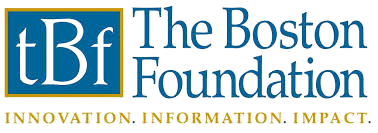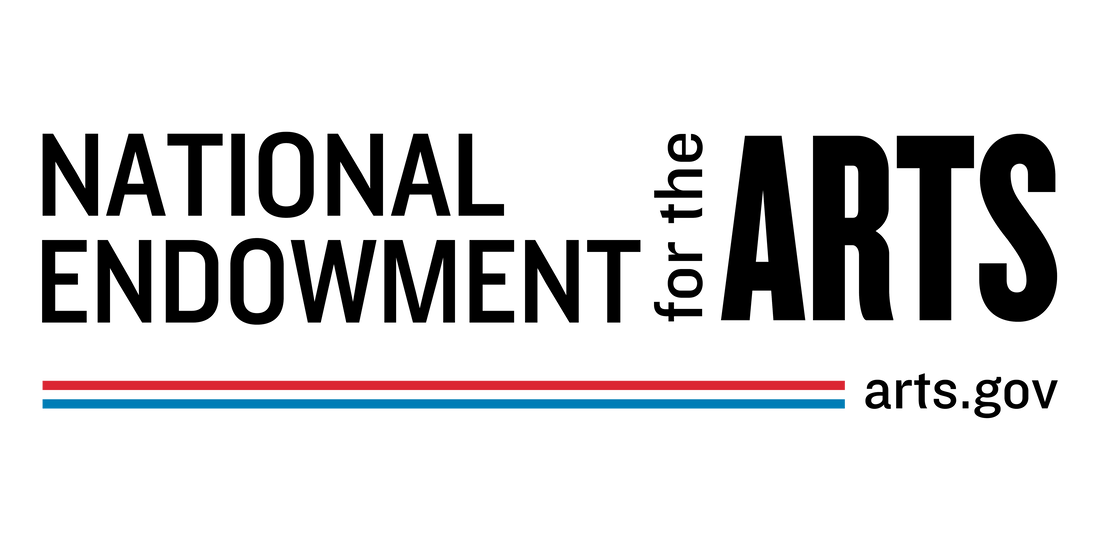|
by Anthony R. Green Social media always has some amazing Black History Month related memes and posts, and it is refreshing and sometimes entertaining to scroll and come across something enlightening or simply knee-slapping, breathtakingly hilarious! I've seen people share speeches and quotes by luminaries such as James Baldwin, Audre Lorde, Toni Morrison, Nina Simone, and others. Friends shared book recommendations by Olaudah Equiano, Katherine McKittrick, and others. There were also some incredible memes, one of which asked which "Blackity Black thing will you do this month? I will cover my sofa in plastic!" (This is SUCH a Black joke, and probably even niche in the Black world, too, but made me spit out my tea!) It is also relevant to ruminate about the failings of Black History Month, not for the purpose of breaking down a culture and criticizing the creators, but for the purposes of knowing how February celebrations can be improved. Many artists refer to February as "Black Employment Month", implying that organizations especially (and even sometimes desperately) call on Black artists and creatives to put something together for February, then abandon any connection/collaboration until next February. This is DEFINITELY a problem that can be improved by insisting on long-term collaborations, and holding such organizations accountable for their ignorance. Sadly enough, organizations led by people of a myriad of ethnic backgrounds fall into this deplorable trend. While SoundCloud isn't your typical social media platform, I was pleasantly surprised to come across an incredible poem by Sapient Soul. I believe the poem itself is called Black History Is, but it is within a track called process. The poem speaks of the poet's transition from "hating" Black History Month as a child to "thinking it is funny/ironic" today. It is a beautiful and brutal critique of a month where we as Black people can do more to convey the Black presence in WORLD history, rather than repeat the same practices that seem to dominate February celebrations everywhere. Sapient Soul evokes names: Ida B. Wells, Denmark Vesey, Shirley Chisolm, and more. She speaks of how her non-standard persona kept her questioning the February rituals, and how she retrospectively knew she should have been taught something deeper, something that reaches further back in history, establishing the pride and richness of Black culture before the trans-atlantic trade. This poem, along with the other uninhibited works on the album, is an incredible diagnosis of Black History Month, and should be heard and contemplated by all! You can listen to it on SoundCloud (starts at 6:30), and you can purchase the entire album (warning: explicit content) on BandCamp (name your price).
Sapient Soul is Marlanda Dekine.
0 Comments
Hello BIBA readers, and happy Sunday! Today's blog post is a feature on the incredibly talented pianist Elizabeth Hill! Her international career has included recitals in the US and Germany, and engagements also as a lecturer and educator. Ms. Hill is also a staunch proponent of contemporary music, having premiered and performed significant new works by a number of living known and emerging composers. Ms. Hill is currently enjoying an active season, which you can read a bit about below! Photo by Andrew Thomas Clifton
BIBA : When and how did you become interested in piano? EH : I started as a cello student when I was 3, but I switched to piano at 6. I was drawn to the piano because of how easily I could understand it visually; I felt like I could just sit down and figure out melodies on the keyboard all day! The piano was also a very familiar and comforting presence in my house. I grew up in Anchorage, Alaska, where we spent lots of time entertaining ourselves indoors in the winter. I remember taking many naps under the piano, reading next to it, and of course playing and singing ALL the Mariah Carey hits with my sister. I also sang in choirs (local children's choruses, and later on, high school choir), which I consider a primary influence in developing my ear, confidence in sight-reading, and building a genuine love for making music with others. BIBA : As a chamber musician, with what ensembles do you play and for how long have you been with them? EH : I play primarily with three ensembles. Meraki is a clarinet and piano duo that I co-founded in 2016 with my former classmate, Anastasia Christofakis. Through our performances, we strive to awaken cultural compassion through chamber music. We program music that evokes the culture and history of people through their folk sound and musical language. Our name, Meraki, is a Greek expression for the love and essence of yourself that you put into your work. I've been the principal pianist with Symphony Number One since 2015. We are a Baltimore-based chamber orchestra, led by conductor, Jordan Randall Smith, that is dedicated to performing substantial works by emerging composers, alongside riveting masterworks, and a twist of pop. And finally, I joined Balance Campaign last spring; we are a contemporary classical ensemble, based in Washington DC, with a focus on performing and commissioning new works by underrepresented women, LGBTQ+, and minority composers. BIBA : As an advocate for new music, what have been some of your favorite projects and pieces that you've performed? EH : Ooh, that's a tough one because there are many, but here are some of my favorites ... Heloha Okchamali by Jerod Tate - Meraki commissioned this piece in 2018 as recipients of the Chamber Music America Classical Commissioning Program. This piece is so close to my heart, because Anastasia and I were dreaming for years of a major work that is infused with Native American folk song. We were so grateful to CMA for making this piece possible, and Jerod certainly delivered! We are currently programming and performing it as much as we can. Heloha Okchamali was inspired by Jerod's young son, Heloha; this connection brings a deep layer of personality to the music, and provides a frame of reference for how the traditional folk songs interact with and influence the modern music around it. ANIMAL by Nathan Lincoln-deCusatis - This piece was commissioned in 2019 by Balance Campaign. Honestly, it's one of my absolute favorites; I've never performed anything quite like this before. The musical journey represents the development of an imaginary organism through many evolutionary stages until it becomes a "humanoid" and marches into its own demise. It is an intense and demanding work for our entire sextet, and it is so much fun to perform together! We premiered ANIMAL this past October in New York, featured it earlier this season on our program 'Destruction,' and will perform it again on other programs later this spring. Lastly, a solo performance that has really stuck with me as a favorite was one that I gave at Catholic University (Washington, DC) in 2018. I performed two solo piano works (Spatials and Sonata No. 5) by the composer, George Walker, at a concert given in his honor. It was such an incredible experience to meet and work with him, and of course to perform his music! He had such a clear vision for what he wanted out of his music, and especially for the rhythmic impact it should have. I will always be incredibly grateful for that brief time but meaningful experience before his passing a few months later. And here's just a final few other favorite new works that I've had such a pleasure performing (sans the backstory!): Wissahickon poeTrees by Jennifer Higdon, Approaching Eternity by Nicholas Bentz, Timelapse Variations by Natalie Draper, and Piano Concerto No. 2 by John Hilliard. There's so many more ... but, I'll stop at that! BIBA : What are some of your upcoming projects? EH : In just about a week, on Feb. 23, I will be performing Florence Price's Piano Concerto in One Movement with the Johns Hopkins Concert Orchestra (Baltimore, MD), under the direction of Jordan Randall Smith! I am so excited about this project; not only do I get the honor of presenting her concerto, but I get to work with Jordan again, who's such an innovative musician and good friend. Price's piano concerto is a gem to program because, while it's pretty compact as a concerto, it digs deeply into a diversity of musical styles and requires the pianist to extract a lot of personality out of the instrument. I'll also be performing a new program with Balance Campaign for the Intersections Festival 2020 at the Atlas Performing Arts Center (Washington, DC). This program, 'Rebirth,' highlights new musical works that are grounded in the hope of new beginnings within the framework of an increasingly complicated and fragmented world. It features works by Judd Greenstein, Sarah Kirkland Snider, and Daniel Kellogg. This program is the second of our triptych of programs this season: Destruction | Rebirth | Metamorphosis. Lastly, Meraki has multiple performances of our program 'Blue Thunder' coming up in March and April. I'm thrilled about these because this program will feature the premiere performances of Be Still My Child by Anthony R. Green! Anastasia and I organized a consortium to commission this new work; a collection of six pieces inspired by lullabies from around the world. It is truly a unique and touching addition to the clarinet and piano duo repertoire. Our 'Blue Thunder' program will also feature Heloha Okchamali by Jerod Tate, and works by Jamie Wind Whitmarsh, and Jennifer Higdon. BIBA : I give you unlimited time and funds. What piece would you organize for a performance (or commission)? EH : Oh, too many possibilities. What comes first to mind is that I would love to organize more performances of Florence Price's piano concerto ... internationally! I love the music community's growth of interest and dedication to her story and music, and it would be an honor to help take her compositional voice around the world. I would definitely jump at the opportunity and resources to spend some time traveling and performing her music with different orchestras! Aside from that, there are so many ideas that I have spinning around in my head to commission! As a musician, I'm drawn to the power of storytelling through music. My mission revolves around using music to speak for those who have been silenced, and for those who are underrepresented. Any piece that I can commission or perform, and any future collaboration that helps me return to this theme would most definitely be the product of whatever unlimited time and funds that could ever come my way. ----- To learn more about Elizabeth Hill, please visit her website: http://elizabethghill.com/ And follow her on Instagram, Twitter, and Soundcloud: @lizhillpiano Hello BIBA fans! Today's post is a spotlight on the emerging composer, performer, and sound artist/healer Shannon Sea! Having first come across her artistry in Berlin, I've been a fan ever since. According to her bio, "Shannon's works explore themes of nature, spirituality, Afro-futurism, and self-exploration. She seeks to create sound worlds that fuse together acoustic and electronic means of expression. [...] Shannon views listening as a form of activism and meditation. She believes that sound can heal and expand one's consciousness." Curious to learn more? Read below! (Photo by Rog Walker) BIBA : How did you get into music, and how specifically did you get into composition? SS : I've been a music lover my entire life. I remember scatting the solos of Coleman Hawkins and John Coltrane when I was a kid. I also knew the intricate bass-lines to all of my favorite classic rock, funk and disco songs. Yet to me, I never thought I possessed any special skill. And at that time and even in my teens, I didn't have the desire to make music my profession -- in fact, the thought never occurred to me. I remember my mother forcing (or from her perspective, encouraging) me to take piano lessons at age 5. It seemed that she wasn't expecting me to become a virtuoso pianist, but she definitely wanted to expose me to music-learning. At that age, I didn't take a liking to piano and never practiced it -- and after seeing my cousin have a lot of fun performing the tenor sax in a marching band, I asked my mom for an alto saxophone instead of piano lessons. She happily agreed. I played in school bands, and was naturally quite good on the sax -- I had a good embouchure and some dexterity -- so I never practiced. And thus, I never became exceptional in music. Like I alluded to earlier, music for me was a hobby at that time, and I never considered studying it in college or making a living from it. So at age 15, I quit music completely. I entered into a photography program at my high school, and left the band. I simply wanted to learn photography and entered into a program that allowed us to work in the darkroom for two hours every day. ... As I look back, I think this is part of the learning process as a young person. You try out things, and you see what sticks. ... So fast forward 17 years later, and I'm 32 or 33, and am working as a lawyer in New York City. I'm walking down Houston street in in the Lower East Side, and I'm crying because of something my ex-lover did or didn't do -- I can't quite remember. But I'm crying and walking, and all of a sudden, I start humming a melody. It consoles me a little, and then I keep repeating this melody over and over because I like it. And then, I record it on my phone, because the whole experience felt new and cathartic. I then forget about the recording for a few months. That night, I remember feeling it was the first time a melody arose within me organically. Before, if I came up with a motif, it was because I sat somewhere and intentionally tried to create a melody. However, that time, it was refreshing to have a sound just appear in my head. Like ripeness to a fruit -- coming from which direction, I do not know; but just appearing. Okay, so fast forward 3 or 4 months later, and I'm listening to this incredible song by Missy Mazzoli, called "Impromptu." It moves me to tears, and then I think about that time I was walking down Houston and boo-hoo crying while humming that melody. I then challenged myself, to create a melody that moves me to tears -- a change from creating a melody after crying. So, I create this melody, and it makes me cry. And then, I find the tones on the piano quite easily. I remember saying to myself, 'Wow, I can do this?!' And at this time, the desire to compose was birthed. I realized composing was another way of expressing myself -- that it was the preferred way. At the time, after finding the notes on the piano, I thought composing would be easy. Haha -- I was wrong. There's nothing easy about harmony, progressions, and good structure. I quickly realized I needed to learn the basics of music theory, such as the Circle of 5ths, and the notes on the Bass Clef, etc ... In 2018, I stopped practicing law, and started taking private lessons to learn all of the basics in music theory, composition analysis, and piano. In May 2019, I officially launched my career as a composer. (Photo by Iveta Rysava; with Sarah Martin, So Fukushima, and Tsepo Pooe)
BIBA : What attracts you about sound healing? SS : I love meditation. It's been so beneficial to my life and spiritual growth. I am a big advocate for it, and I think people should meditate whenever possible. Without realizing it, people meditate a lot more than they think they do. It's simply a matter of being in the present moment. This can happen when dancing, or building something, or even washing the dishes. So, I only shift the focus to sound. The goal is for people to be present when listening to the sound and when listening to themselves. One shouldn't judge the sounds, one should just be -- be with the sounds, be in the moment. To me, this is part of the healing process. The other part of sound healing is the interaction with the wave frequencies. During my sound healing sessions, I perform an experimental, electronic live-set, using synths, field recordings, and electro-acoustic sounds. I use a lot of low-frequency waves during the sessions because I like the idea of the body feeling the vibrations of the music (in a way that does not destroy one's ear drums!). There are several medical studies that talk about the healing effects of low-frequency waves. I don't focus on quantizing the benefits in this way because I'm not a scientist. I approach it purely from an empirical perspective, in seeing that the low-frequency waves help relax and re-center people. When I'm performing a sound healing session, I go into a trance -- I'm completely in the moment. And I'm very attracted to the experience of when I and the listeners are fully in the moment together. You can really feel the energy vibrating at a high level. BIBA : Where do you seek out compositional or general artistic inspiration? SS : I seek inspiration from music and visual artists primarily. I love artists who are free with their artistic expression. This often means they don't produce conventional work -- or don't produce work that was considered conventional at the time they created it. I also like artists who have a very strong personality, and who are unapologetic about it. To me, this means they allow their inner-self, or authentic-self to surface. So, artists like Alice Coltrane, Harold Budd, Toru Takemitsu, Eliane Radigue, Miles Davis, inspire me — in addition to my contemporaries, Solange and Billie Eilish. I get a LOT of inspiration from visual artists. I think it is because many of them are completely nuts -- in a good way. They are completely unconventional -- and naturally so. I really find inspiration from artists of surrealism, minimalism, and neo-expressionism. You can see from many of them that they dig deep inside of themselves and they share with us what they find. Their vulnerability is very magical! René Magritte, Jean-Michel Basquiat, Denisse Ariana Pérez, and Frank Stella are visual artists who inspire my work. BIBA : What are some of the benefits and drawbacks of having an international practice? SS : Benefits: Having so much exposure to different cultures, and to different forms of expression. Having an international practice has made me more open to possibilities and experimentation in my work. Drawbacks: I think it's harder to establish deep roots in a particular city when your work takes you everywhere. BIBA : I give you the commission of a lifetime: unlimited time, funds, resources, and whatever else you need. What piece would you compose? SS : I would co-create a 720-hour (30-day) piece that included every musician of African descent in the world. These musicians would be flown in from every country, every city, and every village. So let's say 1 million or so, musicians would participate. Then about 33,000 would perform per day, alternating shifts of 4 hours, I imagine. I would then co-write the piece with about 29 other composers of African descent. We would each compose 24 hours worth of music, that would be woven together to create this 720-hour score. ----- Want to know even more about Shannon Sea? Visit her website: www.ShannonSeaMusic.com Follow her on Instagram: @ShannonSeaMusic Like her Facebook: www.facebook.com/ShannonSeaMusic |
Details
Writings, musings, photos, links, and videos about Black Artistry of ALL varieties!
Feel free to drop a comment or suggestion for posts! Archives
May 2024
|
Member Login
Black concert series and educational programs in Boston and beyond
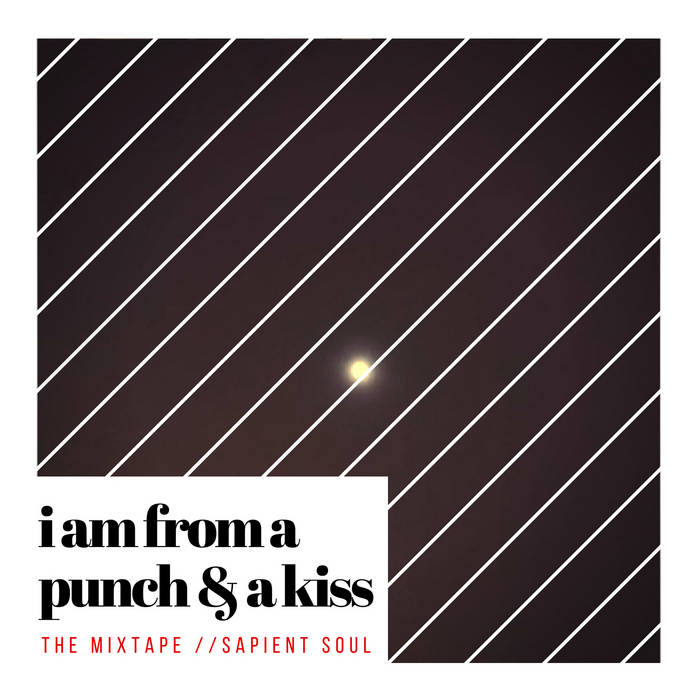
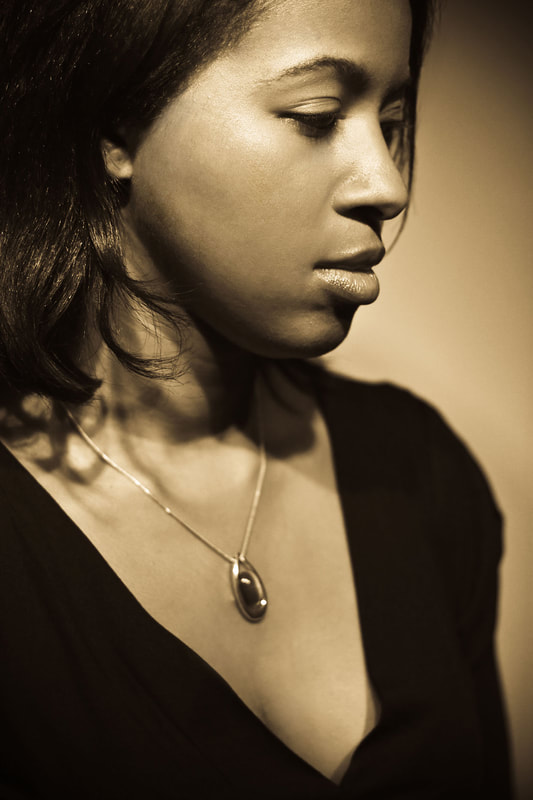
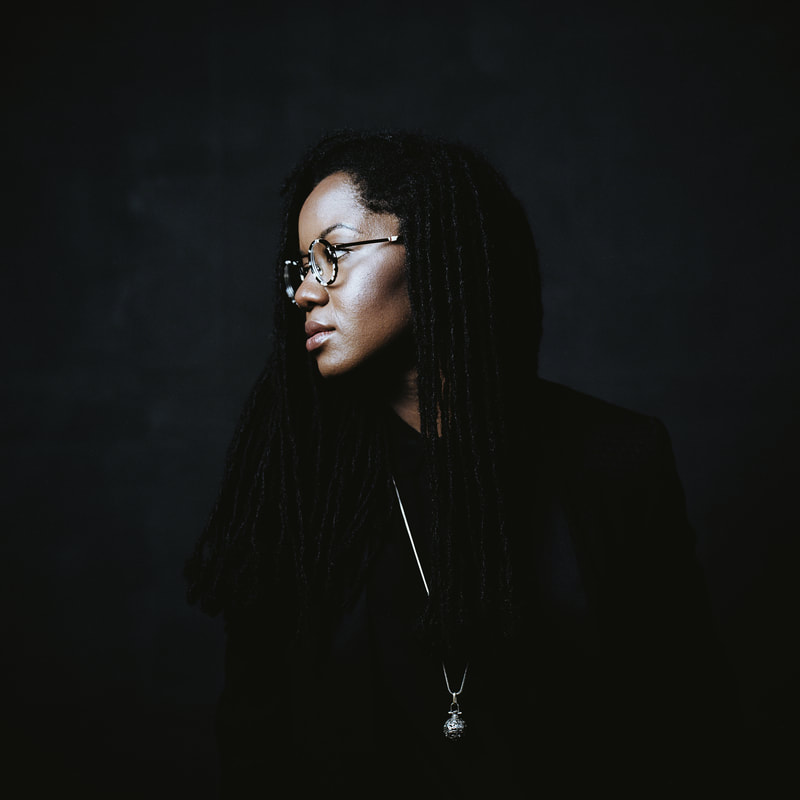
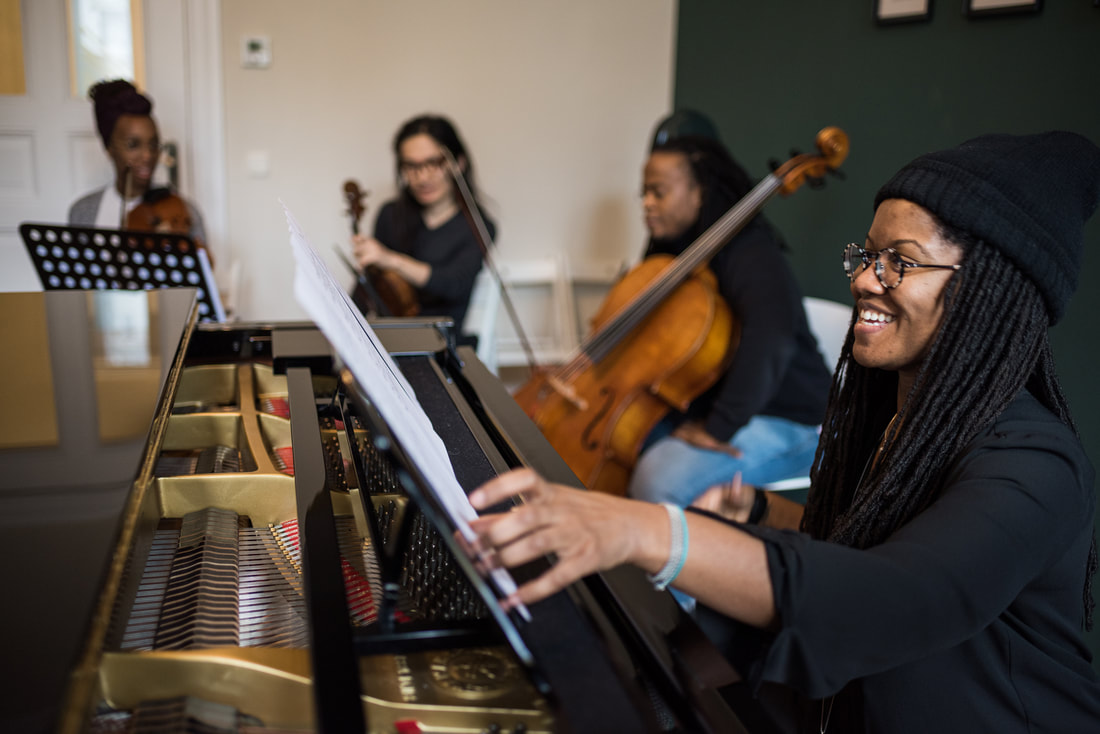

 RSS Feed
RSS Feed


